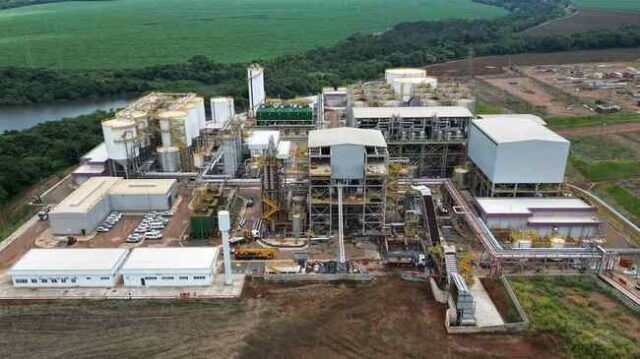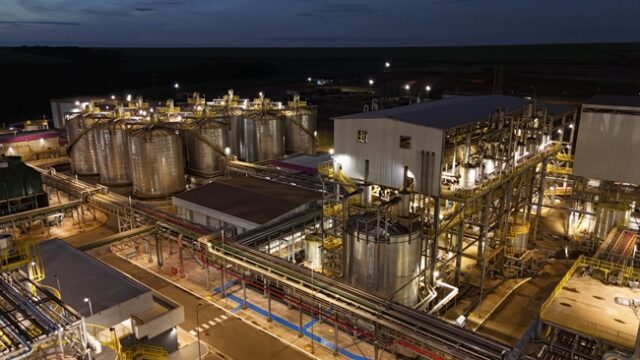
In late May, Brazilian President Luis Ignacio da Silva visited São Paulo to inaugurate the world’s largest manufacturing plant for second-generation ethanol. The Bonfim Bioenergy Park, located in Guariba, São Paulo, will produce 82 million liters of ethanol annually using a revolutionary method that cuts emissions by 30%. This innovative process involves converting bagasse, the fibrous waste from sugarcane processing, into ethanol. Raízen, the company behind this plant, has integrated advanced technologies to extract residual sucrose from the crushed canes and utilize enzymes in a hydrolysis process to break down cellulose fibers for fermentation. This approach not only enhances the sustainability of ethanol production but also significantly reduces the carbon footprint compared to traditional methods.

The inauguration of the Bonfim Bioenergy Park marks a significant milestone in Brazil’s biofuel industry, positioning the country as a leader in sustainable energy. Raízen plans to expand its second-generation ethanol production with nine additional plants under construction, aiming to produce 1.6 billion liters of biofuel annually. This advancement aligns with Brazil’s extensive use of ethanol as an engine fuel, where 90% of new gasoline-powered cars can operate on hydrous ethanol. The environmental impact is profound, with studies indicating that bioethanol use can reduce emissions by 50-60% compared to conventional fuels. President da Silva highlighted the achievement, emphasizing that Brazil’s innovation in transforming bagasse into high-quality ethanol demonstrates the country’s leadership in sustainable energy solutions.














